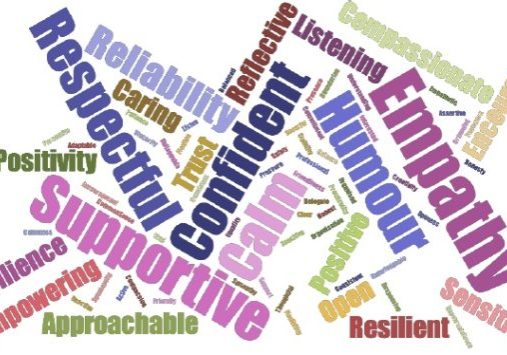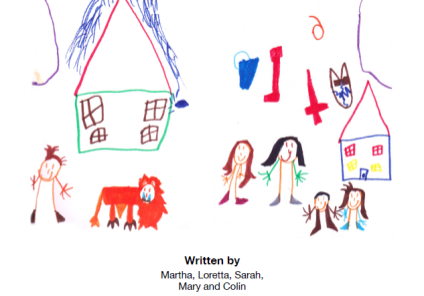This report presents the research and evaluation of the Resilience Revolution programme (2016-2022).
The Resilience Revolution is an innovative whole town approach to building resilience, made possible by funding from The National Lottery Fund’s HeadStart programme. Funding was available between 2016 and 2022, across 6 areas nationally in the UK with the purpose of testing and learning new ways to support young people’s mental health (ages 10-16).
In Blackpool, the programme took the bold step of developing a vision for the whole town; giving everyone who lived, worked or volunteered in the town the opportunity to get involved. The Resilience Revolution embraced co-production as a way to design and test innovative projects. Co production meant a range of people, with different expertise, working together, as equals towards shared goals.
Click on the image t0 the right to be taken to the full report. Strap in – it is nearly 400 pages of inspiration!



